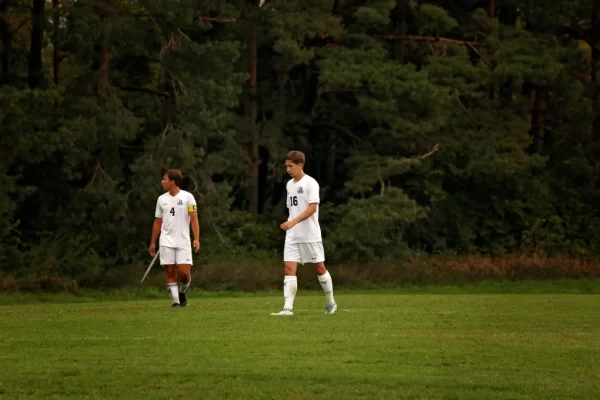In the weeks leading up to the ninth anniversary of the 9/11 attacks on the World Trade Center and the Pentagon, there was a storm of contention regarding the presence and role of Islam in America. This controversy became manifest over two main happenings. The first was the proposal to build a Muslim community center several blocks from Ground Zero, which opponents saw as offensively close to the site of the worst terror attack in our nation’s history. While this issue will likely continue to be a source of animosity for years to come — regardless of whether or not the center is built — the second event will probably prove to be more ephemeral.
In mid-July — long before most of the American public became aware of his antics — Terry Jones, the pastor of a small church in Gainesville, Florida, announced his plans for an “International Burn a Koran Day,” to be held on September 11th. The Koran is the holy text of Islam, worshipped by Muslims around the globe; to them, burning the Koran is an abhorrent act of disrespect and insensitivity. As Afghan President Hamid Karzai noted, “Humiliation of the holy book represents the humiliation of people.” At a time when the relations between America and Islam were already hanging in a delicate balance, Mr. Jones’s plan became yet another source of strife.
By early September, the story had spread throughout the world, and Mr. Jones was receiving harsh criticism from the international community. Representatives from the U.S., the U.K., Germany, Indonesia, India, Nigeria, Iran, the United Nations, the Vatican, and many other countries and international organizations have condemned the proposed burning, warned against the possible deleterious repercussions, called for universal religious tolerance, and have pleaded for it to be canceled.
Nevertheless, despite the global opprobrium, no direct action was taken by the U.S. government to prevent Mr. Jones from carrying out his plans. It’s not that officials didn’t want to stop Mr. Jones, it’s that they couldn’t. As the first amendment to the U.S. Constitution states, “Congress shall make no law respecting an establishment of religion, or prohibiting the free exercise thereof; or abridging the freedom of speech…” In other words, in America, even if millions of people disagree with what you’re doing, even if your plans spark an international controversy, even if the President of the United States publicly condemns your proposal, not only do you still have the right to do whatever it is you’re doing, but it would be illegal for somebody to try to stop you just because that person disagree with your beliefs. This guarantee and protection of free speech is what makes America special, and is one of the things that thousands of soldiers have sacrificed their lives to establish in the Middle East over the past decade.
Yes, burning a Koran is a horrific act of religious intolerance; yes, it is an unwarranted insult to Islam and to Muslims; and yes, it is embarrassing and disgraceful for the United States to have one of its citizens attempt such a stunt. However, it also exemplifies the guarantee of free speech that makes America different from many other countries, and highlights the reasons why we got involved in the Middle East in the first place. While no one should, by any means, act as callously as Mr. Jones did toward any group of people, everyone deserves the right to, if they so choose.
Another lesson to be gleaned from this incident is that stereotyping an entire religion or ethnic group based on the actions of a few of its members is not only unfair, but also simply incorrect. Just as the vast majority of Muslims are not terrorists, most Americans are not Koran-burning zealots either. If we ever want to resolve the conflict between America and the Middle East, both sides must realize that the few fanatical individuals spotlighted by the media are not representative of any nation or religion as a whole.
On September 9th, Mr. Jones announced that he had suspended the Koran burning. Protests in Afghanistan continued, however, and as of Sunday night, at least three protestors had been killed — two of whom were shot by Afghan security forces — and over a dozen people had been injured.

